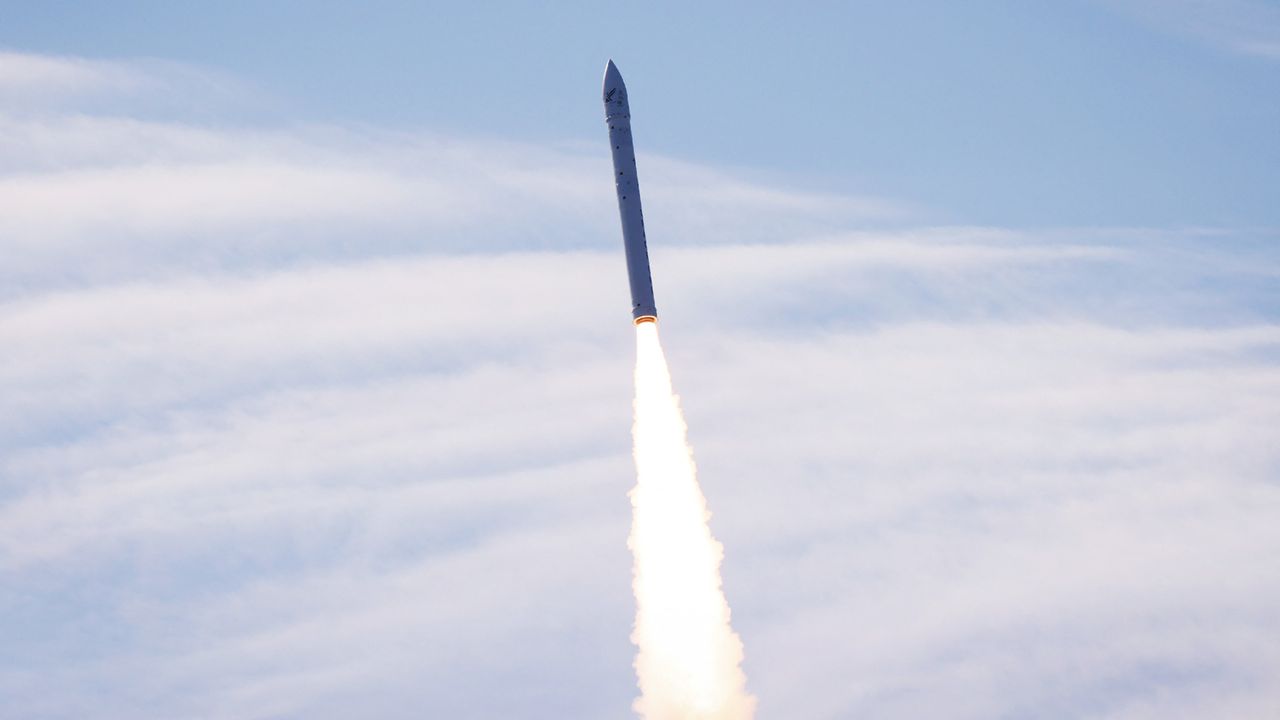Shillong, Dec 9 : The Meghalaya government today assured the House that the Uranium Corporation of India Limited would take all measures to ensure health and environmental safety during uranium mining.
Deputy chief minister Bindo Lanong, in charge of mining, told the House that the UCIL would establish an Environmental Survey Laboratory for the purpose.
The proposed laboratory will monitor the level of radioactivity in the air, water, soil, vegetation and food at the mining sites and the surrounding areas as a health safety measure during mining, Lanong said while replying to a question by Independent legislator Manas Chaudhuri during question hour.
The lab will have the latest detection equipment and will be manned by experts in the field. It will monitor parameters such as dust and noise that have a bearing on people’s health. Besides carrying out comprehensive health assessment in association with medical personnel, it will analyse industrial safety status.
On the measures to control radioactive pollution, Lanong said the entire mine water would be treated in an effluent treatment plant before being reused in the operational cycle. Other safety measures would include complete neutralisation of mill tailings before discharging solids in tailings pond and strict adherence to the regulatory guidelines stipulated by the Pollution Control Board and other regulatory agencies.
Lanong told the Assembly that a baseline environmental assessment study had been carried out by the North Eastern Hill University (Nehu), Shillong. The data from the study will help adopt appropriate control measures to retain pre-mining conditions of the soil after the completion of mining.
The technical and biological reclamation of the mining-affected areas will be undertaken to maintain the original topography of the terrain. “We will also ensure regular monitoring of air and water samples in the uranium mining sites,” Lanong said.
On industrial safety, Lanong said the rules and regulations formulated by different agencies would be strictly adhered to for the safety of the employees at the sites.
“To minimise air and noise pollution because of drilling, blasting and deployment of heavy equipment, the drills will be provided with dust arresting devices,” he added.
To control water pollution caused by industrial operations at the mining sites, chlorination units and settling tanks will be set up. “Domestic water will also be treated in sewage treatment plant,” Lanong said.
Shillong, Dec 9 : The Meghalaya government today assured the House that the Uranium Corporation of India Limited would take all measures to ensure health and environmental safety during uranium mining.
Deputy chief minister Bindo Lanong, in charge of mining, told the House that the UCIL would establish an Environmental Survey Laboratory for the purpose.
The proposed laboratory will monitor the level of radioactivity in the air, water, soil, vegetation and food at the mining sites and the surrounding areas as a health safety measure during mining, Lanong said while replying to a question by Independent legislator Manas Chaudhuri during question hour.
The lab will have the latest detection equipment and will be manned by experts in the field. It will monitor parameters such as dust and noise that have a bearing on people’s health. Besides carrying out comprehensive health assessment in association with medical personnel, it will analyse industrial safety status.
On the measures to control radioactive pollution, Lanong said the entire mine water would be treated in an effluent treatment plant before being reused in the operational cycle. Other safety measures would include complete neutralisation of mill tailings before discharging solids in tailings pond and strict adherence to the regulatory guidelines stipulated by the Pollution Control Board and other regulatory agencies.
Lanong told the Assembly that a baseline environmental assessment study had been carried out by the North Eastern Hill University (Nehu), Shillong. The data from the study will help adopt appropriate control measures to retain pre-mining conditions of the soil after the completion of mining.
The technical and biological reclamation of the mining-affected areas will be undertaken to maintain the original topography of the terrain. “We will also ensure regular monitoring of air and water samples in the uranium mining sites,” Lanong said.
On industrial safety, Lanong said the rules and regulations formulated by different agencies would be strictly adhered to for the safety of the employees at the sites.
“To minimise air and noise pollution because of drilling, blasting and deployment of heavy equipment, the drills will be provided with dust arresting devices,” he added.
To control water pollution caused by industrial operations at the mining sites, chlorination units and settling tanks will be set up. “Domestic water will also be treated in sewage treatment plant,” Lanong said.









































.jpg)


























































